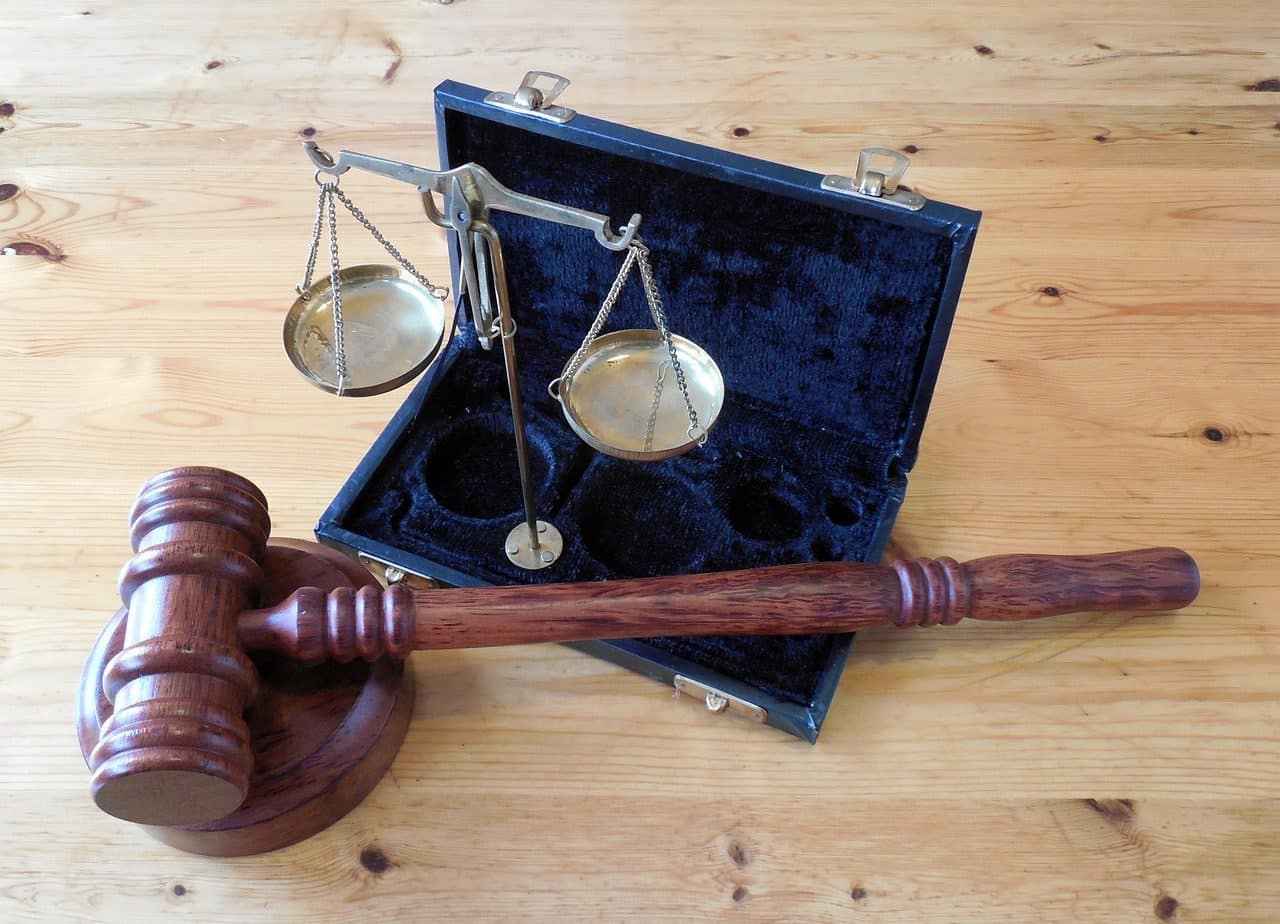
A veto is a prohibition.
The veto is the power that an organization or authority has to prohibit something . The concept is also understood as the act and result of banning (inhibiting, preventing, rejecting).
For example: "The court rejected the veto of publications classified as 'offensive' by the provincial government " , "The project to charge a tax on pet owners is likely to face a veto" , "I have no power to veto: decisions are made by consensus by all members of the board of directors .
Veto concept
Regarding its etymology, we can say that the term comes from a Latin concept that can be translated as "prohibited" ; that is, the verb prohibit conjugated in the first person singular (from the point of view of our language). The use of this word revolves around the right that someone, a single party, has to stop any action, although it is generally found in the legislative field, where the vetoed objects are agreements, measures or propositions .
In this sense, it is possible to say "veto" a measure, an agreement or a proposal, to indicate that the party with the relevant authority has determined to stop its development .
A word that can be used as a synonym for veto and that has a great orthographic similarity with it is vedo , with its respective verb, vedar , which we can define in the following way: impose a prohibition through a statute , a mandate or a law; make the development of an action difficult, or prevent it completely; hinder other people so that it is not easy for them to continue with a certain procedure; wean an animal (use in Salamanca ); or suspend or deprive someone of their trade or exercise.

Different authorities may have veto power in their corresponding area.
Cancellation of a project or law
The notion is usually used to name the power that a president has to annul a law or a project already approved by a chamber or other structure of the State . The veto implies the possibility of canceling a modification or novelty, but not the chance to promote it.
Suppose that the Constitution of country X allows the prime minister to apply a veto to regulations approved by Parliament with a simple majority . In this framework, a law is approved so that public officials pay an extra 10% tax on their personal assets. The prime minister, arguing that the measure is discriminatory, decides to veto the law.
The idea of a veto also appears in the Security Council of the United Nations Organization ( UN ). This entity has five permanent members with veto power: the United States , China , Russia , the United Kingdom and France . If four nations approve an initiative but the fifth member rejects it, the power of veto is applied to the proposal in question.
Types of veto
There are several types of veto, such as the absolute one , which serves to prevent a law from being promulgated and taking effect ; and the suspensive , which is used to delay, delay or suspend the moment in which a law is promulgated and put into effect. On the other hand, there is also talk of partial veto to refer to a prohibition that only falls on a part of a law, such as some of the articles that compose it.
Generally, legislative bodies have the possibility of overlooking the complication of the veto through a new vote on the same law , although in this case it becomes necessary to achieve a qualified majority, such as two-thirds.
